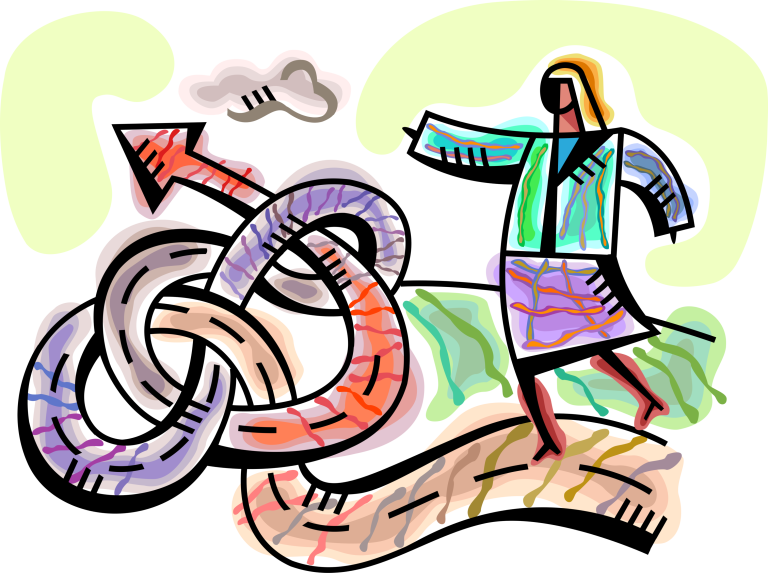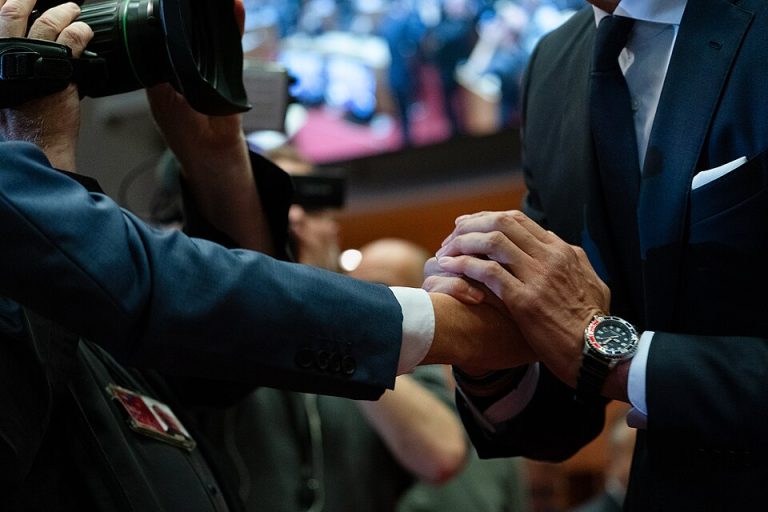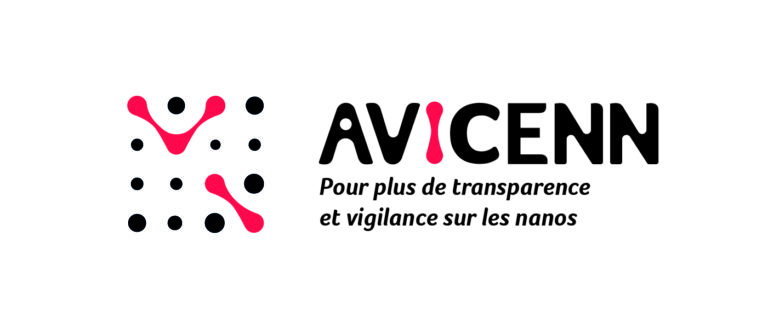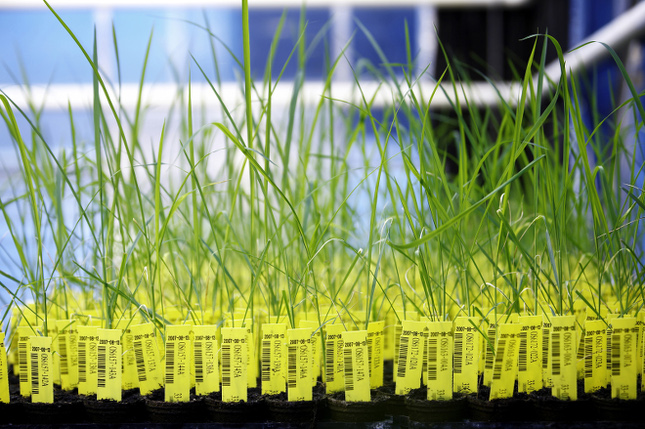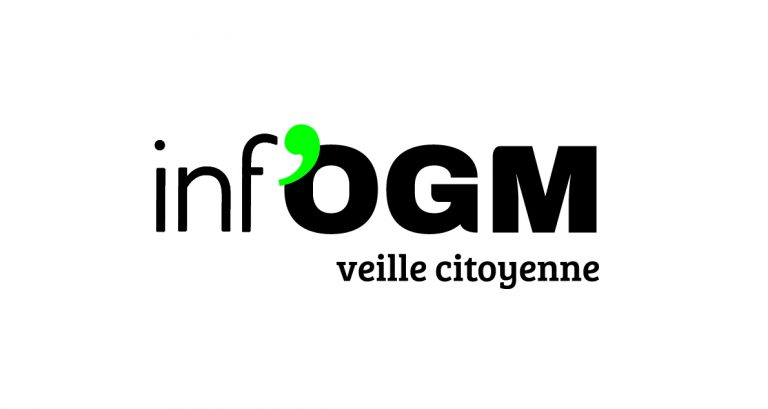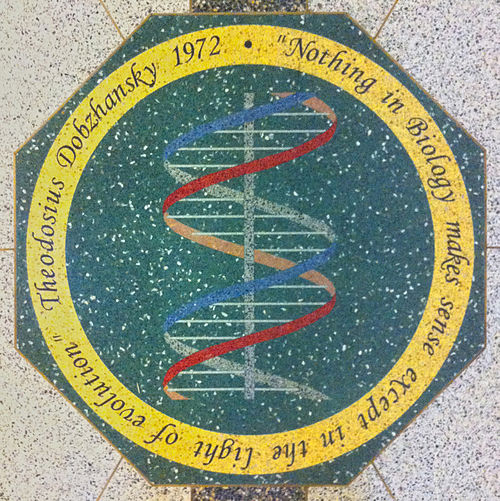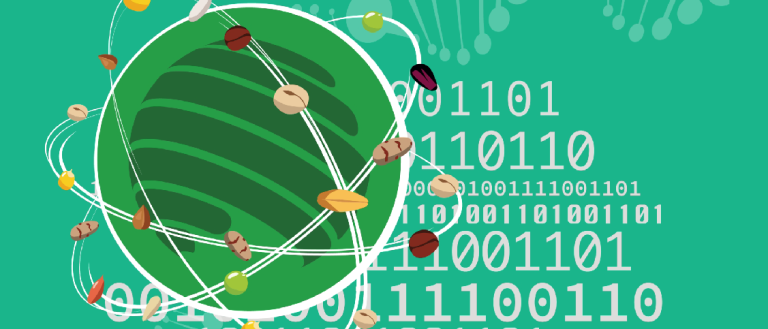The appropriation of living organisms: can we still control digitalization?
For the time being, digital sequence information allows certain stakeholders, including companies, to use digitalized sequences without needing the prior consent of the states and communities connected with this biodiversity. Discussions are underway in order to regulate – or not – practices which contravene the Convention on Biological Diversity.
Countries allowing free access to the digital information (DSI) on the living organisms they host are running a serious risk : companies or public entities – the only ones with the necessary equipment and technical expertise – are free to use this data and to patent what has not yet been patented. Certainly, a molecule sequence is not new and therefore should not be open to patenting. But once isolated from an organism and associated with a function – most often based on traditional knowledge – any sequence becomes a patentable “invention”. All this takes place without any prior consent for access to resources, benefit sharing (ABS) or protection of the traditional knowledge behind the resources used, laid down in international treaties and texts [1]. During discussions within the Convention on Biological Diversity (CBD), some of the countries want to maintain this system, arguing that DSIs are not the equivalent of the organisms from which they have been taken. Others, on the contrary, want both the access to and use of DSIs to be duly regulated. This leads S. Aubry (collaborator of the Swiss Federal Office for Agriculture), amongst others, to say : “the follow-up at the next conference of the parties of the Convention on Biological Diversity will be very interesting : the future of these treaties is at stake” [2].
Biopiracy – the scene is set…
Several countries, especially those rich in biodiversity, want digital data to have the same status as the physical “resources” from which they originate. Some have even already set out this rule in their national law.
For Argentina, for example, “the definition of the term “material” (…) includes the information associated with the genetic resource (…), regardless of the way it is transmitted” [3]. Malawi, on the other hand, believes that it has “commercial rights (…) in products or processes developed based on the research results or this DSI, and any use requires a contract of use with the Government of Malawi”. Malawi will therefore not accept any pillaging of its biodiversity on its territory. But does it have the means and resources to prevent a company from both accessing any digitalized genetic information related to its resources and patenting it ?
For these countries, there is an urgent need to find an international agreement on the legal status of DSIs because, in the meantime, genome sequencing is still ongoing, the results of which are made generally available. It is possible to understand the motivation of companies and countries possessing this technology – but not the biodiversity – to block or delay a binding agreement in compliance with the principles of access and benefit sharing : after having sequenced the greater part of their biodiversity, the signature of this still hypothetical agreement will come too late for the beneficiaries.
In order to be truly effective this agreement should, as for physical genetic resources, impose prior agreement regulating the use of the resources in question : the protection of traditional knowledge, details of the geographical origin of the organism from which the digitalized sequences originate and, of course, benefit sharing. Finally, following the example of the European Union, those countries campaigning for unrestrained access to digitalized biodiversity should not continue to issue patents that apply, in just the same way, to digital information as to all the organisms providing it.
What other solutions are there ?
For effective benefit sharing, some actors propose a mandatory payment [4] to a global sharing fund along with a prohibition on patenting native sequences. An even simpler option would be to prohibit all property rights on living organisms. Negotiations on DSI will continue, notably at the CBD summit in May 2021 in China. Until then, Inf’OGM will continue to provide you with all further information on this important issue.





